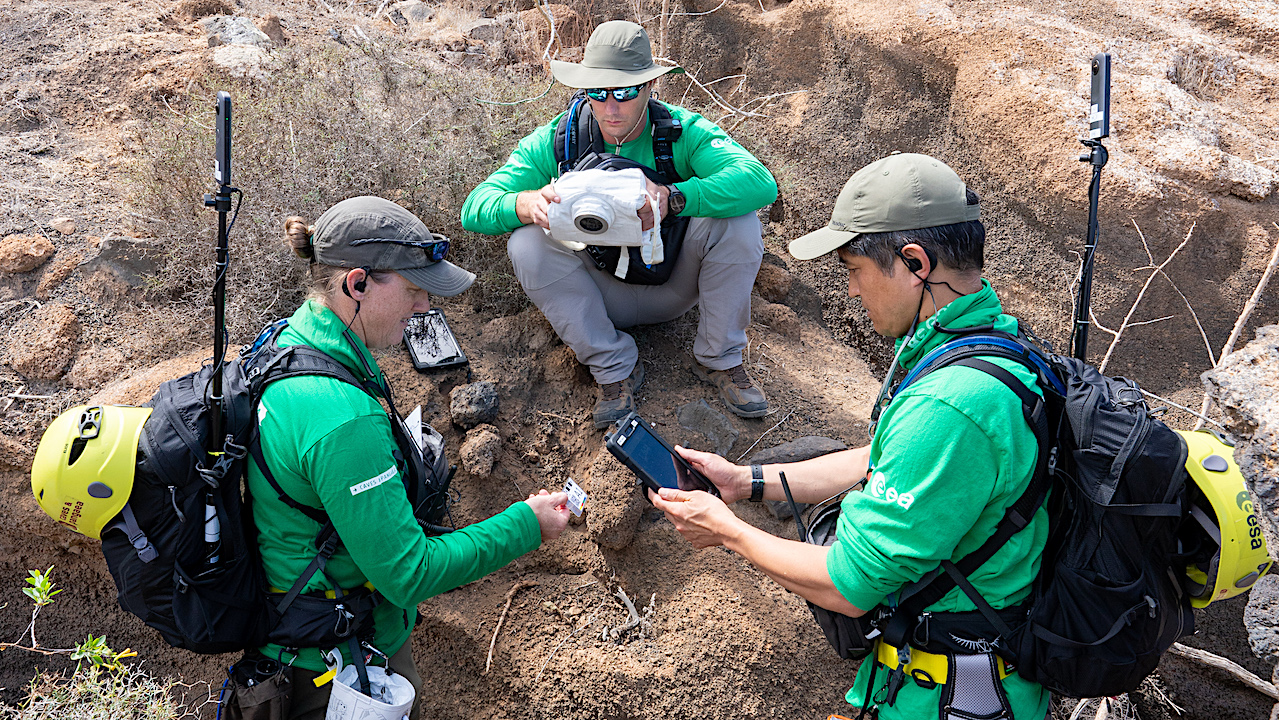

By the end of this training course, participants will learn to:
This training course is suitable for a wide range of professionals who have a basic understanding of petrophysics, geology, engineering and need a more advanced course covering how to integrate different data sets together to gain an improved understanding of reservoir performance.
This training course will present methodologies to integrate the various data types in conjunction with a number of exercises combined with field examples in a workshop format to enhance the learning and knowledge of the participants.
Organisational Impact
Personnel will be able to:
Personal Impact
Day One: Introduction and Reservoir Properties
Day Two: Data Acquisition and Description
Day Three: Data Preparation
Day Four: Integration of Data, Analysis and Interpretation
Day Five: Data Presentation, Sensitivity Studies and Next Steps
RECTUS attendance certificate will be issued to all attendees completing minimum of 80% of the total course duration
| Code | Date | Venue | Fees | Register |
|---|---|---|---|---|
| PH104-02 | 12-04-2026 | Dubai | USD 5450 | |
| PH104-03 | 13-07-2026 | London | USD 6950 | |
| PH104-04 | 11-10-2026 | Cairo | USD 5450 |
Providing services with a high quality that are satisfying the requirements
Appling the specifications and legalizations to ensure the quality of service.
Best utilization of resources for continually improving the business activities.
BTS keen to selects highly technical instructors based on professional field experience
Since BTS was established, it considered a training partner for world class oil & gas institution
1st floor, Incubator Building- Masdar City - Abu Dhabi - United Arab Emirates
Sun to Fri 09:00 AM to 06:00 PM
Contact Us anytime!
Request Info